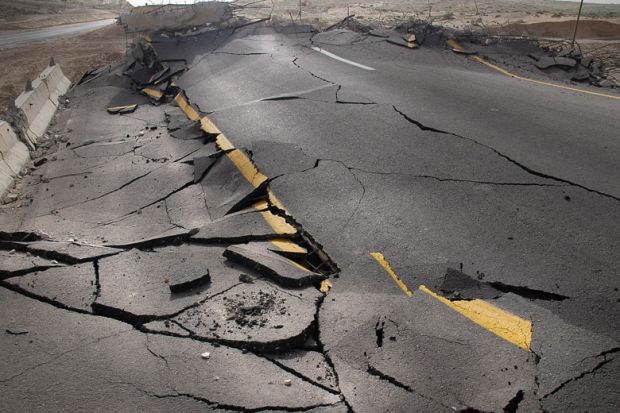The decision of the UK to leave the European Union affects Europe in many different areas, ranging from foreign policy to trade relations and economic growth. Brexit will also have a huge impact on the higher education and research landscape. It will be bad news for students and researchers alike.
League tables such as Times Higher Education’s World University Rankings suggest one immediate effect. While there are seven universities from the UK among the 30 best universities worldwide, there are only three from the Continent. This reflects the exceptional strength of the UK higher education system and the significant contribution of UK institutions to the overall performance of the EU in this area. Without the UK, the EU will suffer a significant decline in its position in higher education.
Unlike other markets, research is driven by a combination of cooperation and competition. Europe is one of three dominant global regions in research and higher education. The strongest is certainly the US, with its Ivy League and other highly successful and wealthy universities. And Asia is rapidly becoming more and more competitive. We must now fear that Brexit will endanger not only the UK’s global competitiveness in research but also that of Europe as a whole.
Brexit will put up unnecessary hurdles. In particular, as long as the details of the future relations between the UK and the EU are unclear, extreme uncertainties will abound. Excellent researchers from around the world are used to moving without impediment to the institutions with the very best environment for their scientific work at every point of their career. It is to be feared that they will now look for new perspectives outside Europe. It is up to us to prevent this, and to prove that they can still find attractive conditions here.
Brexit may also affect the mobility of students and academics within Europe. Programmes such as Erasmus may become significantly less attractive if the freedom of movement between the UK and the remainder of the EU is restricted. Similarly, it will become more difficult and less attractive for researchers to move from, say, a German university to a higher education institution in the UK.
It is also hard to imagine how EU research programmes such as Horizon 2020 can successfully evolve in the future. Brexit will deal a serious blow to the European Research Council. Can we really imagine how the competition for ERC grants will be affected if researchers from the UK are no longer allowed to participate? How will this affect the reputation of the grants?
On the other hand, universities and researchers in the UK (which is a net beneficiary in terms of research grants) will suffer significantly from the decline in grant income from the EU. This will have massive short-term repercussions on research activities in the UK and will also have a negative impact in the long run, even if the decline in EU funding is fully compensated by new national measures. This is because the quality of UK research also benefits from the competitive mechanism of the ERC.
In terms of research activities, Brexit creates what you might call a lose-lose situation. Both the UK and the remainder of the EU will suffer a serious setback. Another sad aspect of Brexit is that the voice of the UK in the EU higher education debate will be lost. The UK, with its many world-class universities and its extraordinary academic performance, has always made a strong stance in favour of high-quality research and competition when criteria for research funding were negotiated. This voice will no longer be heard.
All this makes clear that, from the perspective of the higher education sector, we urgently need to reach an agreement between the UK and the EU that ensures that the huge disadvantages and the massive losses in academic quality and output can be somehow avoided. Otherwise, Brexit will be not only a sad event but also an extremely painful one, for higher education in the UK and throughout the rest of Europe.
Bernd Huber is president of LMU Munich and is a former chair of the League of European Research Universities.
后记
Print headline: Continental aftershocks






